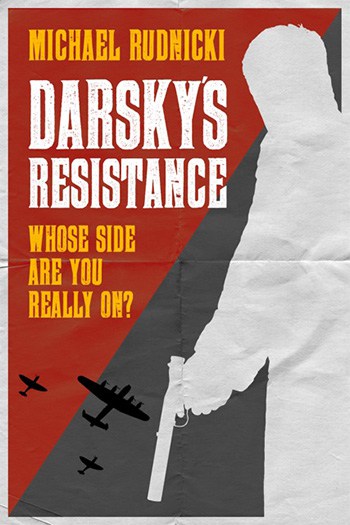
It was 1649, England. King Charles I still reigns but does not rule. What is going on? Here are some quotes from the English parliamentary push on:
-
King does not fit into the office (do not fit)
-
Accused of acting against the people (imposed draconian taxes in preparation for war)
-
Accused of treason (in the face of negotiations with France and Scotland, on preparations for the fight to regain control of the rebellious against him England
The then status of king and the legal and political status
King Charles, I of England was an absolute ruler. Whatever he wanted he could do. He wanted to have a parliament and it happened. He wanted the ordinary people’s representatives to be there too, and the House of Commons was there. He needed money – he tossed it from his subjects, especially for their fate without caring. He decided that he would declare war – he did not even hide how he despised those who discouraged him. Etc. Etc.
The responsibility of the King of England was the same as among the other kings of the era: before God and history.
England already at that time had a „constitution” by the will of the king and many laws (such as the Magna Carta). That’s true.
Above all this, however, her majesty’s power stretched beyond all this. The king knew this (he was prepared for this task before taking the throne), his subjects and not many desperadoes understood at the time that it might be different however.
Oliver Cromwell – desperation involuntary
He was a member of the House of Commons. Due to his origin (birth) he was obvious newly not yet rich in these social systems. He owed his position to his education, intelligence and probably given him good luck as well. Implicated in parliamentary and economic pushes, he was lunched in purely political and systems terms orbit, where he eventually became the leader of the opposition to the royal party.
This material does not deal with the precise and faithful historical facts of the analysis of English politics, or the fate of its then monarch. Rather, it is a superficial copy of events, pasted into the context of contemporary events occurring elsewhere. However, due to the almost 100% similarity (then and contemporaries) of events, it makes interest in the subject can be stimulating.
For what? Let’s read carefully.
The English Parliament has recognized (for the sake of pity for parliamentarians, less so than the majority) that the king should be subject to a process called „impeachment” – that is, proceedings for expel of office. There we are.
The process began, the king was brought to a place of the public judgment under guard and the accusation was read (see above).
I imagine the surprise of the king and his followers when it turned out that this is only a seemingly staging of the court – as it was called – but with the judicial process, even known to the customs of the time, it has nothing to do with it.
The king even for a short moment seemed that, as in court, he would be allowed to say „something” on his maybe not so much a defense as an excuse. He even made a move to start such a speech. But where there: it’s not in this court, not at this time and place. And especially NOT because of the King of England. What a Magna Carta there.
King Charles, I of England was convicted of treason and soon executed (30 January 1949). Ach what seasonal associations.
Oliver Cromwell could become the king. He was even offered this kind of thing. It seems that Oliver Cromwell was perhaps a desperate man who was able to depart from his monastic fidelity in the name of the higher good – as we would put it today. He was also certainly super-ambitious. He was also more than intelligent. He laughed at the proposal to accept the crown, justifying the very important interest of England, where they the people shall to govern, etc, etc.
As Lord Protector, he lived his days peacefully, exercised absolute power, used quite sensibly, as per the circumstances with which he had to deal with.
What did the King of England would say on his defense:
-
Neither this assembly nor this „court” has the right to judge the king (lack of jurisdiction)
-
The allegations made against the monarch are false by design (today we would say fabricated); the king could do what he considered appropriate to perform, and no one or anything (except a force that is greater than the royal one) could foreman him, much less judge him
-
The war, which he could not even start, against Scotland, was in the interests of the Kingdom (by default, traitors are those who opposed it).
Neither the King of England (nor many others judged by similar scenarios) had a chance to defend themselves. Those who received such chances, however, still lost their rations in such a court. Even if they had arguments, they still lacked the strength to push them to a surface where the arguments of force already prevailed. Unfortunately standing across all the contestants.
King Charles, I of England was not allowed to defend himself. He was censored. He was silenced. In fact, what were the perpetrators afraid of? Perhaps this truth, somehow, however, they were wailing, stinging, embarrassed. They then felt ashamed when they did evil. But actually what is a shame?
Marcisz Bielski GH 2/08/2021




